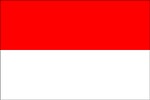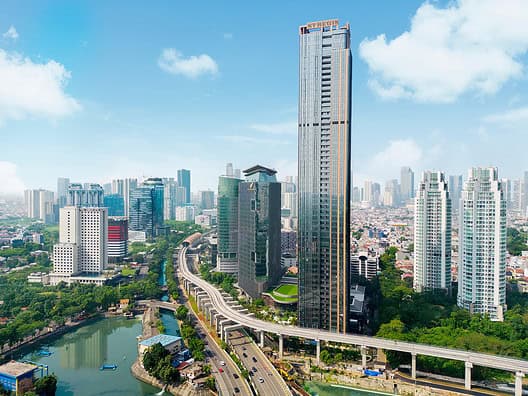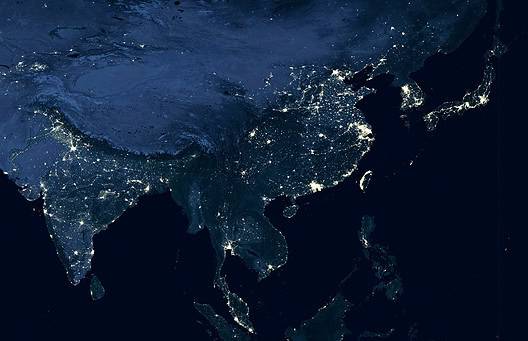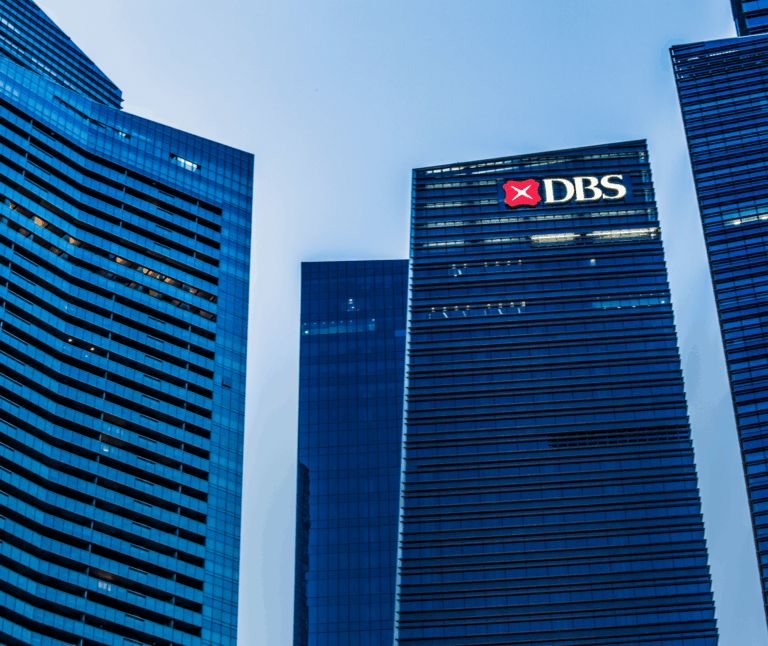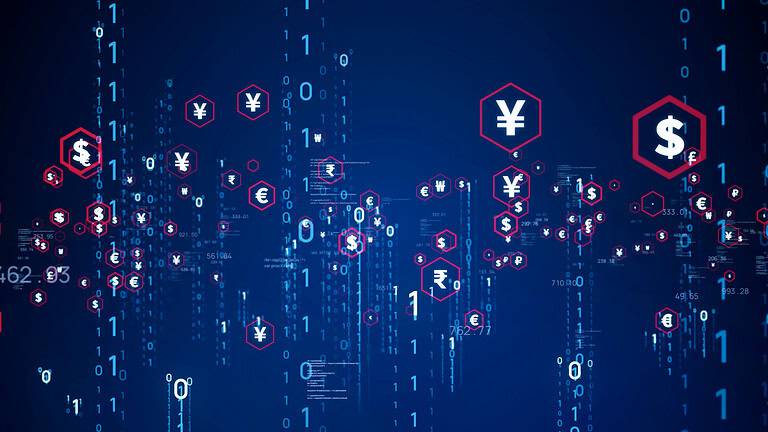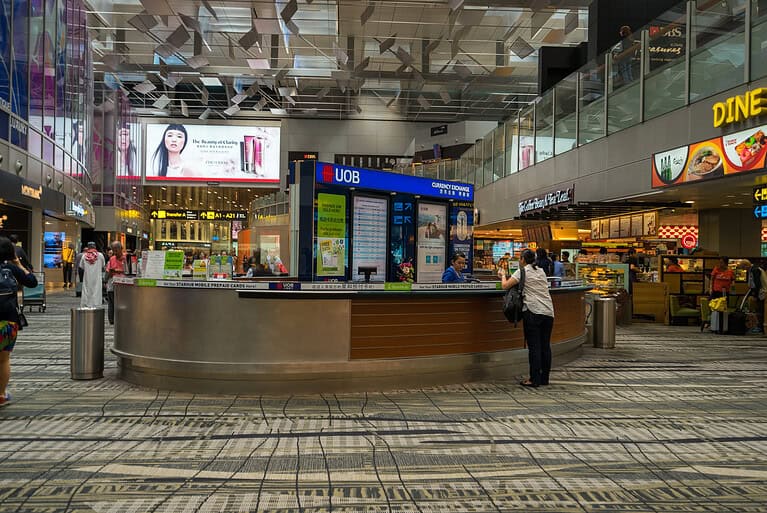Includes historical data for Indonesia’s Gross Domestic Product growth, debt-to-GDP ratio and more, as well as information on trade, banking and financial sector leadership.
Rising Economic Power
Indonesia, the largest economy in Southeast Asia, boasts a population of roughly 285 million, a growing middle class, and a stable economy. Strengths also include low labor costs, abundant natural resources, and a growing tourism industry. With ambitious plans focusing on expanding renewable energy access, developing downstream industries, and improving infrastructure, Indonesia is a global powerhouse and an attractive destination for investors.
However, despite recent reforms aimed at improving regulatory efficiency and competitiveness, concerns persist regarding a lack of transparency, trade protectionism, and institutional shortcomings hampering dynamic economic development. Other weaknesses include relatively high levels of poverty, vulnerability to shifts in Chinese demand, and vulnerability to natural disasters.
Indonesia GDP & Economic Overview
Macroeconomy & Sovereign Data
| Type of Government | Presidential representative democratic republic |
|---|---|
| Capital | Jakarta |
| Sovereign Ratings |
S&P: BBB Moody’s: Baa2 Fitch: BBB |
| Total Population | 284 million |
| Median Age | 30.4 |
| Adult Per Capita Income (PPP) | 18,620.80 |
| Total GDP (2025) | USD 1.4 trillion |
Most Recent Content
Indonesia
Banking & Finance
Trade & Investment
| Total Exports | USD 266.3 billion (2024) |
|---|---|
| Leading Exports |
Coal Palm Oil Iron Alloys Lignite Garments |
| Total Imports | USD 235.2 billion (2024) |
| Leading Imports |
Refined Petroleum Crude Petroleum Vehicle Parts/Accessories Plastics Integrated Ciruits |
Source: IMF, CIA The World Factbook
Indonesia Leading Companies
| Bank Central Asia | Financials |
|---|---|
| Bank Rakyat Indonesia | Financials |
| Bank Mandiri | Financials |
| Telekomunikasi Indonesia | Telecommunication Services |
| Astra International | Conglomerates, Automobiles & Components, Financials |
| Indofood Sukses Makmur | Consumer Staples |
| Pertamina | Energy, Exploration & Production |
Major Trade Partners — Import
| China | 28.3% |
|---|---|
| Singapore | 8.3% |
| Japan | 7.44% |
| United States | 5.11% |
| Malaysia | 4.85% |
Major Trade Partners — Export
| China | 25.09% |
|---|---|
| United States | 9% |
| Japan | 8.03% |
| India | 7.84% |
| Singapore | 4.87% |
Global Finance Rankings & Awards
Data Sources:
UN World Population Prospects
World Inequality Report
S&P Global Ratings
Moody’s
Fitch Ratings
IMF Direction of Trade Statistics (DOTS)
UN Conference on Trade and Development (UNCTAD)
CIA The World Factbook
World Bank’s World Integrated Trade Solution
Forbes Global 2000
